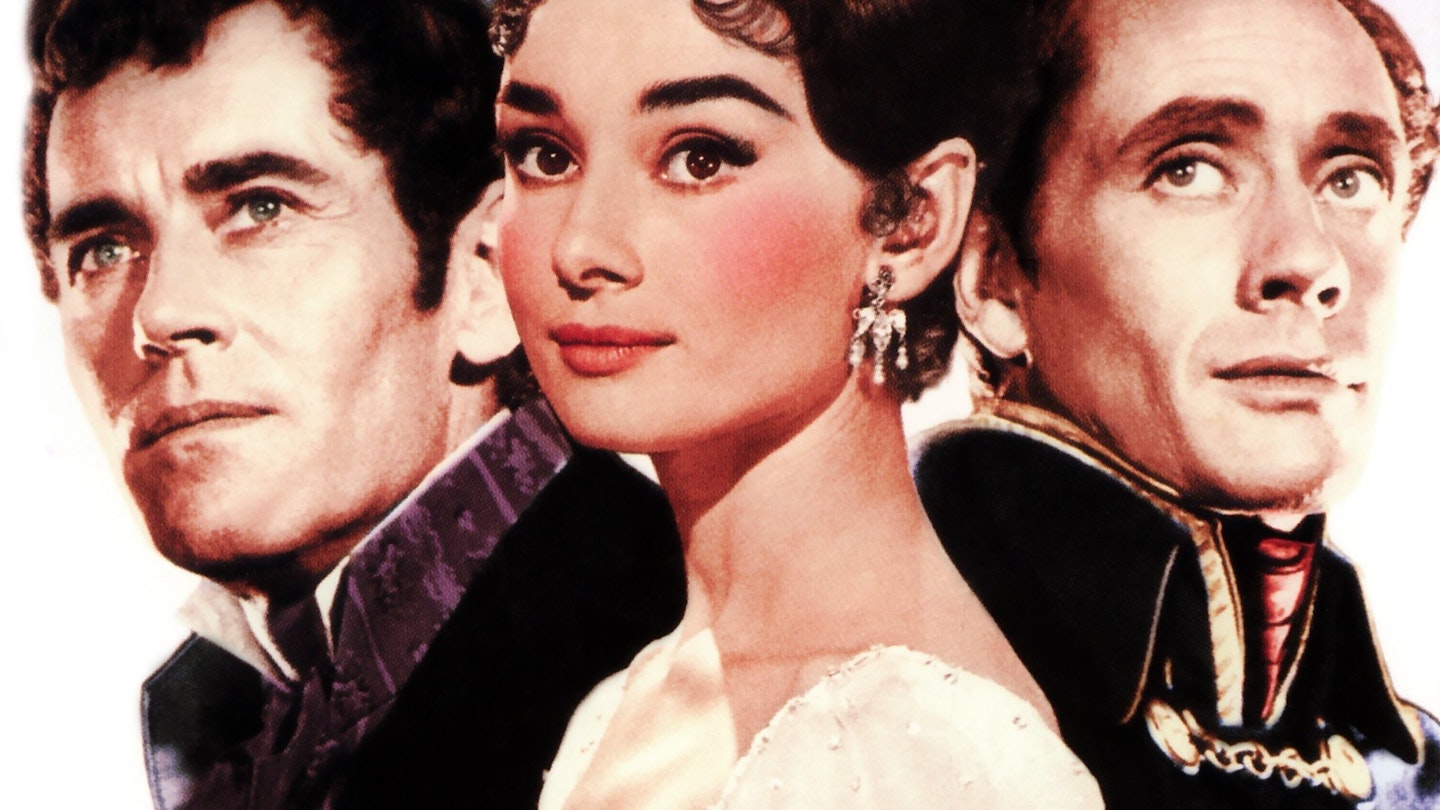In 1915, when Vladimir Gardin and Yakov Protazanov produced a 10-reel version of Leo Tolstoy's 1869 novel, it was hailed as the greatest motion picture ever produced in Russia. Half a century later, Sergei Bondarchuk surpassed their achievement with an epic that was so monumental that it had to be released in four two-hour episodes.
It was estimated to have cost between $40-100 million, making it the most expensive film made anywhere to date, and it proved one of the few domestic pictures of the Communist era to excel at the Soviet box office (earning Bondarchuk the Order of Lenin). Despite being cut to 373 and then 170 minutes for its dubbed English-language version, it dwarfed King Vidor's 1956 adaptation, with Henry Fonda and Audrey Hepburn, and deservedly won the Academy Award for Best Foreign Film.
Yet, War And Peace* *is never ranked among the master works of world cinema. It is regarded simply as an exercise in cultural propaganda, whose statistics are more impressive than its cinematic credentials.
It's worth repeating that 30 stars and 120,000 extras populated the 158 separate scenes that were played out against 272 sets, especially as the paintings, furnishings and props were borrowed from the country's finest museums to ensure the same authenticity that went into the making of the 6,000 military and 2,000 civilian costumes and the 60 French and Russian cannon.
However, Bondarchuk was less concerned with the scope and scale of the picture - even though the burning of Moscow and the Battle of Borodino were exemplars in movie logistics that were given additional visceral impact by the use of helicopter panoramas and dizzying subjective views. The director and his co-scenarist Vassili Soloviev were more interested in capturing the vibrant realism of Tolstoy's characters and his `thoughts, emotions, philosophy and ideas'.
They succeeded largely through Bondarchuk's delicate handling of the human aspects of the drama and his accessible treatment of its complex politics. Some of the performances are deficient, but Bonadarchuk makes a solid Pierre and ballerina Ludmila Savelyeva is simply exquisite as Natasha.
Hence, this is long overdue a critical re-evaluation.
